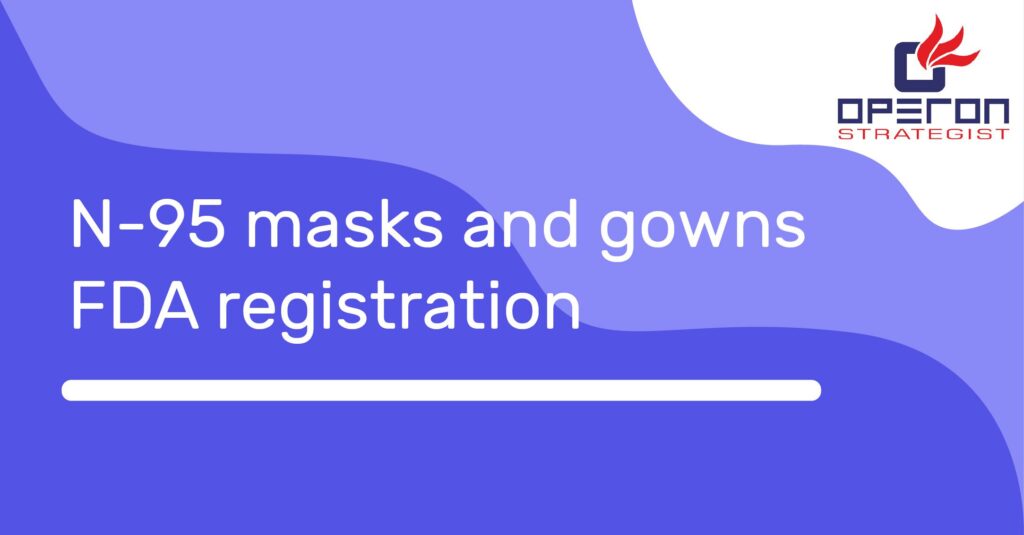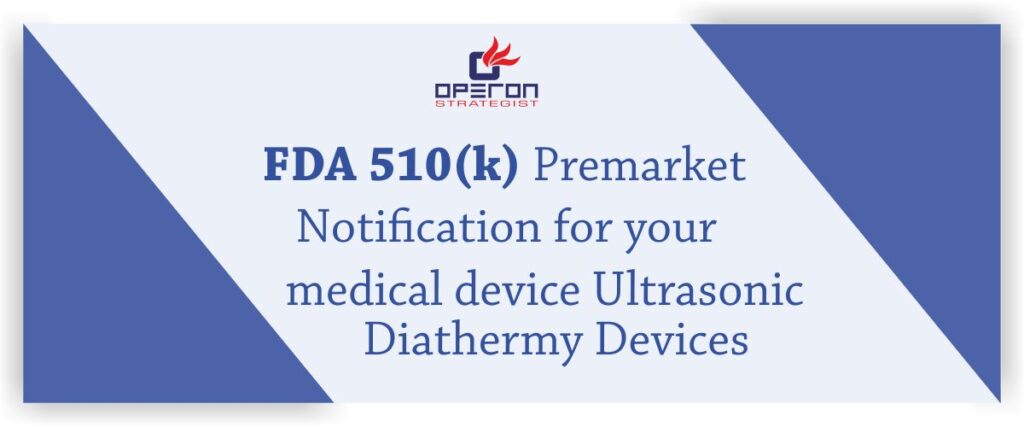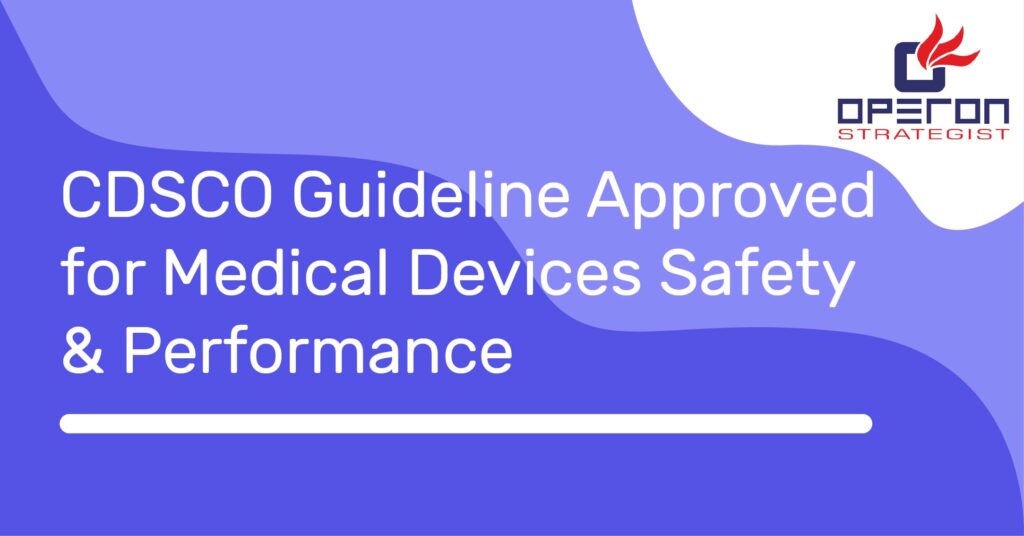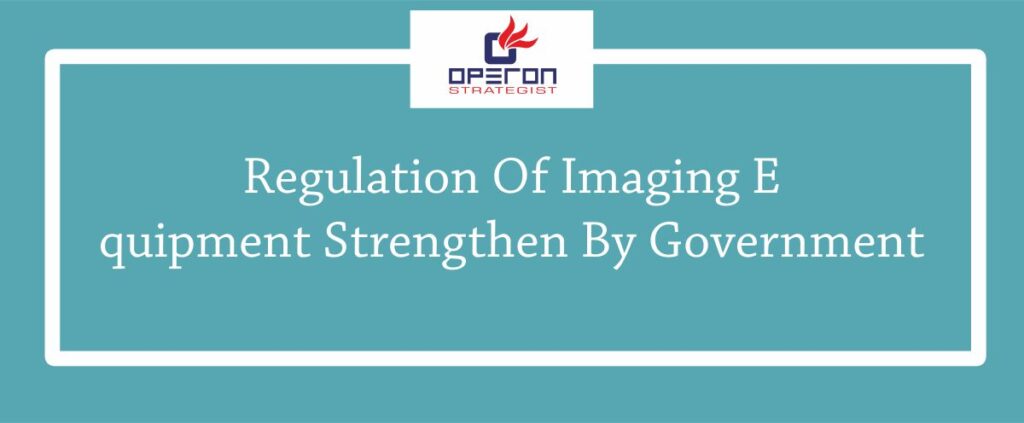About N-95 Masks and Gown
N-95 masks and gowns FDA registration (including cloth face coverings), surgical masks, and respirators (filtering face piece respirators, intended for a medical purpose to assist in preventing the spread of infectious materials during the COVID-19 pandemic. Powered respirators, such as powered air purifying respirators (PAPRs), Face shields, Non-health care use of face masks and respirators intended to limit industrial or general exposure to non-infectious particles, such as during construction or other industrial use.
Looking For Medical Device Regulatory Consultants?
Let’s have a word about your next project
N-95 masks and gowns FDA registration is a straight forward process you simply fill out a form and pay fee. The more complex aspect is filling for a 510k pre-notification which is required for all non exempt medical devices and can take as long as six months.
PPEs (personal Protective Equipment’s) were under EUA during Covid pandemic situation. USFDA requires that manufacturer of medical devices of certain class to submit the technical dossier which will demonstrate that the product is “substantial equivalent” . Manufacturer need to submit premarket notification submission. As a FDA 510(k) clearance consultant we provide assistance in making technical dossier for the manufacturer
During COVID-19 pandemic the FDA has exempted both class I and Class II gowns from pre-notification requirements. Gowns are classified into Class I Class II and Class III, the higher the class the more stringent the regulations for manufacturing them.
Masks belong to the second category of medical equipment. Medical masks are divided into the following three categories: general medical masks (disposable medical masks), medical surgical masks and medical protective masks. Their protective capabilities vary from low to high, and the difficulty of production is also different. Masks, isolation gowns, protective clothing, surgical gowns, etc. /protective equipment exports to the United States require N-95 masks and gowns FDA registration, and some require FDA 510K declaration.
FDA Registration of Surgical Masks
- May include masks labeled as surgical, laser, isolation, dental or medical procedure masks.
- It can help prevent exposure to microorganisms, body fluids and large particles in the air.
- Designed to cover the mouth and nose loosely, but the size is not suitable for personal wear.
- May help prevent the patient from contacting the wearer’s saliva and respiratory secretions.
- With specific instructions, warnings and restrictions for use in a healthcare environment
- Is NIOSH certified
N-95 Masks and Gowns FDA Registration
Use FDA-cleared surgical masks and gowns according to labeling and federal, state, and local requirements. Employ engineering and administrative controls following CDC and HICPAC guidelines to reduce the need for surgical masks while minimizing risks to health care providers and patients.
Specifically, for gowns, consider:
- Implementing the use of reusable gowns instead of disposable single use gowns.
- Using ANSI/AAMI PB70 standard Level 3 or 4 gown (that is, sterile surgical isolation gowns) for surgery/invasive procedures with a medium to high risk of contamination.
- Using non-sterile
- Isolation gowns for routine care of patients that are suspected or confirmed to be infected with COVID-19.
During times of limited access to surgical masks, facilities could consider having health care providers continue to wear the same surgical mask (i.e., extended use), remove only used gloves and gowns, and perform hand hygiene between treating patients with the same infectious disease diagnosis or exposure who are maintained in a confined area. If the mask, gloves, or gowns become contaminated, replace them.
For training, use gowns that are beyond the manufacturer-designated shelf life, if available.
Prioritize the use of gowns and surgical masks by the type of activities required for patients. N-95 masks and gowns FDA registration If there are shortages of gowns, they should be prioritized for aerosol-generating procedures (such as suctioning, nebulizer treatments, and other respiratory treatments or procedures), care activities where splashes and sprays are anticipated, and high-contact patient care activities that provide opportunities for transfer of pathogens to the hands and clothing of health care providers.
Examples of high-contact patient care activities requiring gown use include: dressing, bathing/showering, transferring, providing hygiene, changing linens, changing briefs or assisting with toileting, device care or use, or wound care.
Prioritize the use of unexpired N-95 masks and gowns FDA registration cleared surgical masks for health care providers in procedures where it is important to protect the health care provider and/or the patient from risk of exposure to blood and body fluids.
The N-95 masks and gowns FDA registration is collaborating with manufacturers of surgical masks and gowns to better understand the current supply chain issues related to the COVID-19 outbreak, and to avoid any widespread shortages of these products.
FDA Registration mandated by the United States Food and Drug Administration responsible for protecting public health from various consumer products such as Drugs, Medical devices, Food & Cosmetics. Product registration plays a vital role in the path of a product that is on its way to the market. If FDA found your unregistered product, it will issue a cease and desist order removing the products from the market.
What is the difference between FDA approval and FDA registration?
REGISTRATION:
- Registration means FDA is aware of the manufacturer and their devices
- The manufacturer cannot claim the device is FDA CLEARED or APPROVED
- They cannot use FDA logo in labelling their device.
APPROVAL:
- FDA approval means high risk devices are well tested and approved.
- Class III medical devices fall under this category
- It requires a statement or a proof that the high risk devices is safe to use and manufacture.
Does medical device import require license from Indian FDA?
Yes. Under the provision of Drugs and Cosmetic act 1940, cdsco registration and import license is required to import Medical Devices in India. For the introduction of medical device in the Indian market, the Manufacturers has to obey various norms set by national regulatory bodies of India. The main regulatory body for medical device in India is Central Drugs Standard Control Organization (CDSCO). The Application for all classes of medical devices as per CDSCO guidelines are submitted to Central Licensing Authority, where the (DCGI) Drug Controller General of India takes the responsibility for approval of Manufacturing, Registration, Import and Sale of Medical Devices in India. Only those medical devices require import license which are listed in Notified medical devices by CDSCO. we are team of medical device regulatory consultant provide assistance to clients in CDSCO registration.

-
Operon Strategisthttps://operonstrategist.com/author/snehal/
-
Operon Strategisthttps://operonstrategist.com/author/snehal/
-
Operon Strategisthttps://operonstrategist.com/author/snehal/
-
Operon Strategisthttps://operonstrategist.com/author/snehal/




